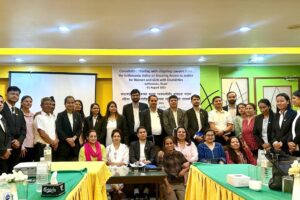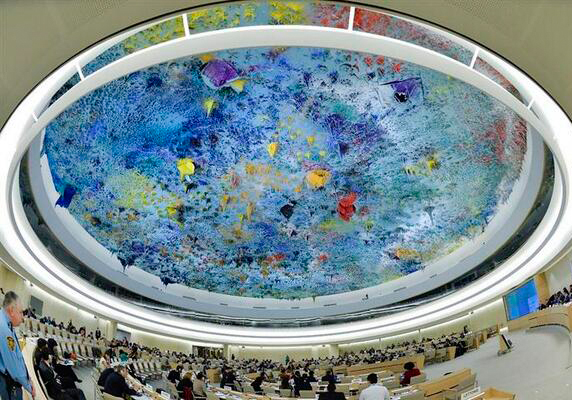
Sep 18, 2015 | Advocacy, Non-legal submissions
The ICJ today delivered an oral statement at the UN Human Rights Council in the General Debate on item 3, concerning judicial accountability, and on the link between ESC rights and enforced or involuntary disappearances.
In the statement, the ICJ welcomed the focus on judicial reform and accountability of judges in the report of the Special Rapporteur on the promotion of truth, justice, reparation and guarantees of non-recurrence.
The ICJ also welcomed the initiative of the Working Group on Enforced or Involuntary Disappearances to address more systematically and comprehensively the relationship between disappearances and the realization (or lack thereof) of economic, social and cultural rights.
The full statement may be downloaded in PDF format, here: UN-Advocacy-HRC30-OralStatement-GDItem3-2015-ENG
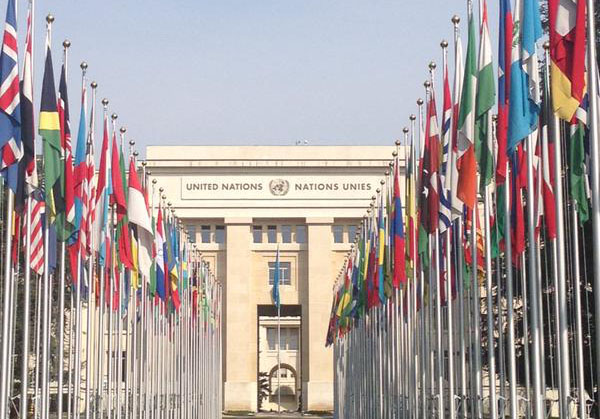
Sep 16, 2015 | Advocacy, Non-legal submissions
The ICJ today delivered an oral statement at the UN Human Rights Council, in the interactive dialogue with the Working Group on Mercenaries on its report on private military and security companies.
The full statement may be downloaded in PDF format here: UN-Advocacy-HRC30-OralStatement-WGMercenaries-2015
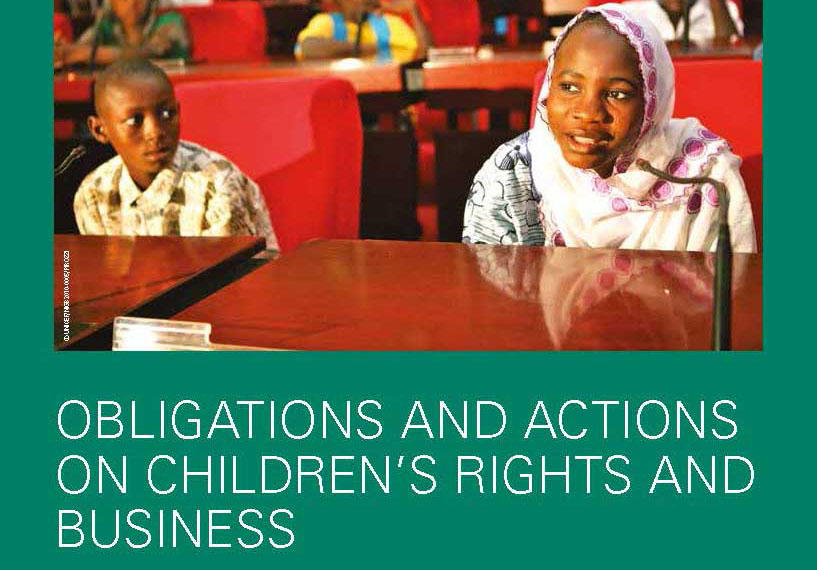
Sep 15, 2015 | Events, News
Organized by UNICEF and the ICJ, this side event takes place on Thursday 17 September 2015, from 12:00-14:00, Room XXVII, Palais des Nations, Geneva.
More than ever before, business enterprises have an impact on children’s lives.
Children are consumers of businesses’ products and services, workers in their factories and fields, family members of their employees, and residents of the communities that host their operations.
Some of these interactions can benefit children. Companies have, for instance, created new technologies that enrich children’s education, enhance medical care, and connect families around the world.
Yet at the same time, businesses can also have detrimental impacts.
Companies can make and sell unhealthy and unsafe goods to children, pollute the environments in which children live and play, and expose them to serious dangers including in the workplace.
As children are still growing and developing, they are especially vulnerable to negative business impacts and can be severely and permanently affected by infringements of their rights.
Child consumers can be more easily convinced to buy and use inappropriate or unsuitable products, and children are much more susceptible than adults to the harmful physical effects of toxic chemicals, manual labour and poor diets.
Young workers can never fully make up for time spent out of education, and missed opportunities are rarely restored.
Many of these impacts remain unnoticed, and businesses rarely involve or seek the input of children on decisions that will profoundly affect them.
Children may not understand that their rights are in jeopardy, and, even when they do, often face tremendous challenges in making their voices heard.
All too frequently, child victims lack the confidence, resources and legal authority to demand accountability from those who violate their rights.
For these reasons, it is imperative that governments take action to protect and promote children’s rights in the context of business operations.
In February 2013, the UN Committee on the Rights of the Child adopted General Comment 16 on State obligations regarding the impact of the business sector on children’s rights to assist States to ensure that businesses respect children’s rights as envisioned in the Convention on the Rights of the Child.
The ICJ and UNICEF, at the request of the Committee, have elaborated a Guide to offer to States practical examples and best practices on how to protect and ensure the realization of the rights of the child in the context of business operations.

Sep 15, 2015 | Advocacy, Non-legal submissions
The ICJ today made an oral statement at the UN Human Rights Council, welcoming the presentation of UN Basic Principles and Guidelines on the right to challenge detention, and a report on forced labour and slavery in supply chains.
The statement was made during an Interactive Dialogue with the Working Group on Arbitrary Detention and the Special Rapporteur on contemporary forms of slavery.
The ICJ said that the implementation of the Basic Principles and Guidelines would help prevent governments from depriving people of liberty solely for exercising freedoms of opinion and expression; peaceful assembly and association; thought, conscience and religion; or on the basis of discrimination. Such violations are often achieved by circumventing or suspending essential legal procedural protections such as habeas corpus.
The ICJ noted that the right to challenge detention is also a key safeguard against incommunicado or secret detention, enforced disappearance, and torture and other cruel, inhuman or degrading treatment.
The ICJ welcomed the attention the Working Group has given to the challenging contexts of counter-terrorism and armed conflicts, where such concerns are particularly acute.
The ICJ also welcomed the report of the Special Rapporteur on contemporary forms of slavery, addressing the issue of modern slavery and forced labour in supply chains, and the Rapporteur’s emphasis on the right to an effective remedy. In addition to the international legal and policy frameworks and continuing efforts by States and businesses outlined in the report, the ICJ noted that UN treaty-bodies have produced useful guidance and recommendations, such as the General Comment adopted by the Committee on the Rights of the Child in 2013, on State obligations regarding the impact of the business sector on children’s rights.
The full statement may be downloaded in PDF format here: UN-Advocacy-Oral statementWGADandSRslavery-2015
Earlier in the week, the ICJ published a legal commentary on certain aspects of the Principles and Guidelines, related to situations of armed conflict. The commentary is available here.
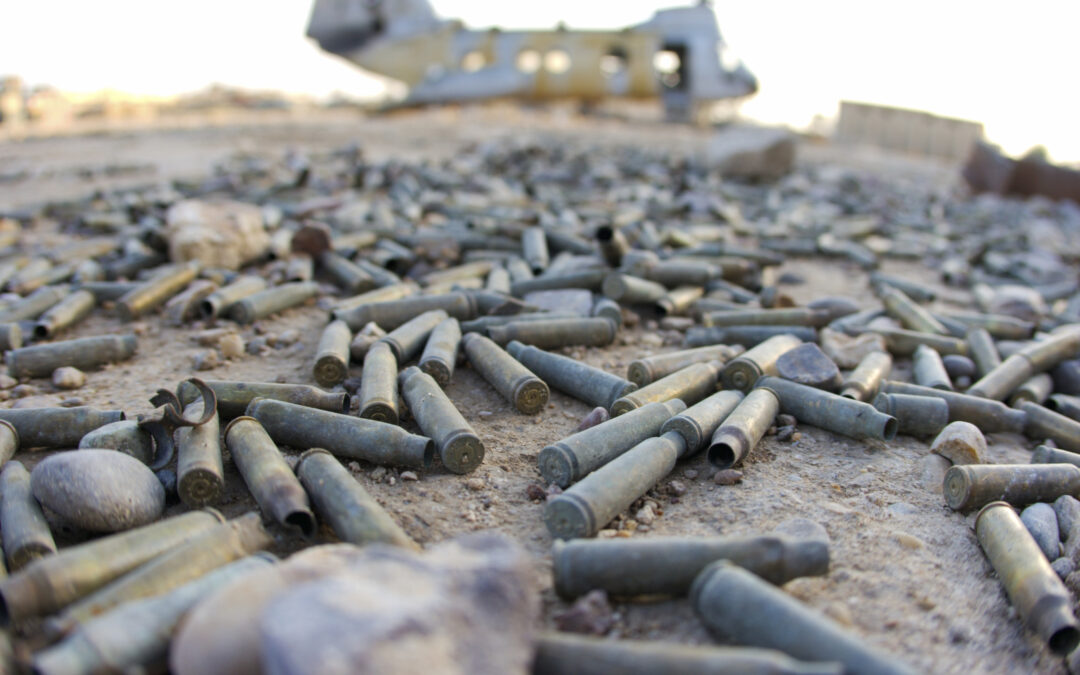
Sep 14, 2015
The UN Working Group on Arbitrary Detention will today present to the Human Rights Council its “Basic Principles and Guidelines on remedies and procedures on the right of anyone deprived of their liberty to bring proceedings before a court” (UN Doc A/HRC/30/37 (2015)).
“The Basic Principles and Guidelines act to reflect important elements necessary to preserve and protect the right to liberty,” said Wilder Tayler, Secretary-General of the ICJ.
“The document assists States, international organization and civil society to enhance, in law and in practice, respect for the right to challenge the lawfulness of detention by habeas corpus or equivalent procedures,” he added.
As concluded by the ICJ’s Eminent Jurists Panel on Terrorism, Counter-terrorism and Human Rights, there has been a progressive erosion of international law principles since the so-called ‘war on terror’.
Along with many other aspects of the Basic Principles and Guidelines, the ICJ has therefore welcomed the attention given to the application human rights standards alongside international humanitarian law and the related provisions of the document pertaining to detention in armed conflict.
“In light of some recent State practices, including in the context of unlawful rendition and secret detention programmes, there is an especially important value in this aspect of the Basic Principles and Guidelines, including for the combating of incommunicado and secret detention, enforced disappearance and torture and other cruel, inhuman or degrading treatment,” Tayler said.
“It is for this reason that the ICJ has produced a Legal Commentary on elements of the Basic Principles and Guidelines pertaining to detention in armed conflict,” he added.
The ICJ’s Legal Commentary supports the general approach adopted by the Working Group in its formulation of the Basic Principles and Guidelines as they pertain to detention in armed conflict.
It provides further explanation and justification for the Working Group’s approach, with particular reference to international law and standards, showing why the Basic Principles and Guidelines – as they apply to detention in armed conflict – should be scrupulously followed.
Background
Under its resolution 20/16 (2012), the UN Human Rights Council requested the Working Group on Arbitrary Detention to prepare draft basic principles and guidelines on remedies and procedures on the right of anyone deprived of his or her liberty.
The Basic Principles and Guidelines were adopted by the Working Group in April 2015, following a two-year process of deliberations and open consultations.
The Working Group set out a first draft set of principles and guidelines ahead of its global consultation on the subject in September 2014.
From 2 to 5 February 2015, the Working Group met to continue its elaboration of the Basic Principles and Guidelines, resulting in the adoption of a second draft.
The Working Group adopted its final iteration of the document at the conclusion of its session on 29 April 2015.
The ICJ engaged in all stages of the Working Group’s elaboration and consultations.
It made written submissions in November 2013, April 2014 and March 2015.
Its staff, Matt Pollard and Alex Conte, gave panel presentations at the September 2014 global consultation.
Contact:
Alex Conte, Senior Legal Adviser at ICJ, t: +41 22 979 3838 ; e: alex.conte(a)icj.org
Universal-Commentary-WGAD-PrincGuideArmedConflict-Advocacy-2015-ENG (full text in PDF)









